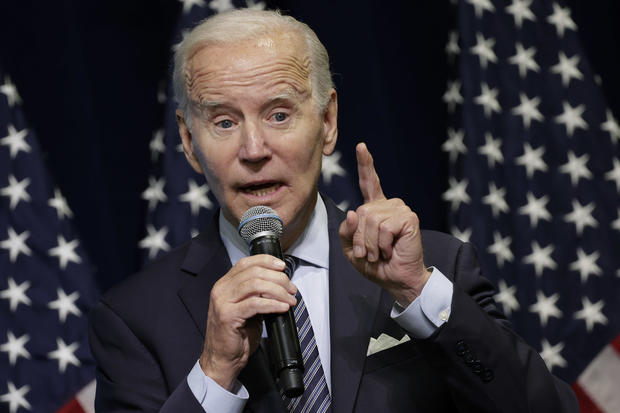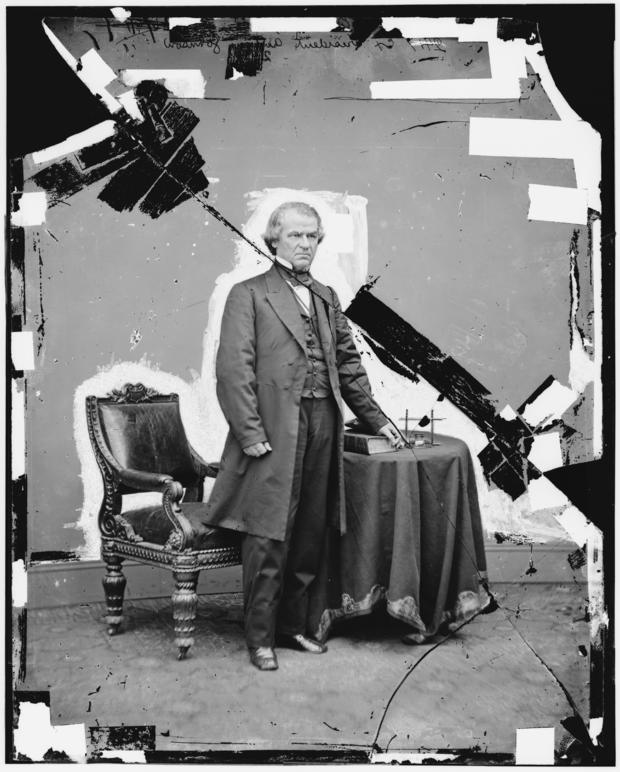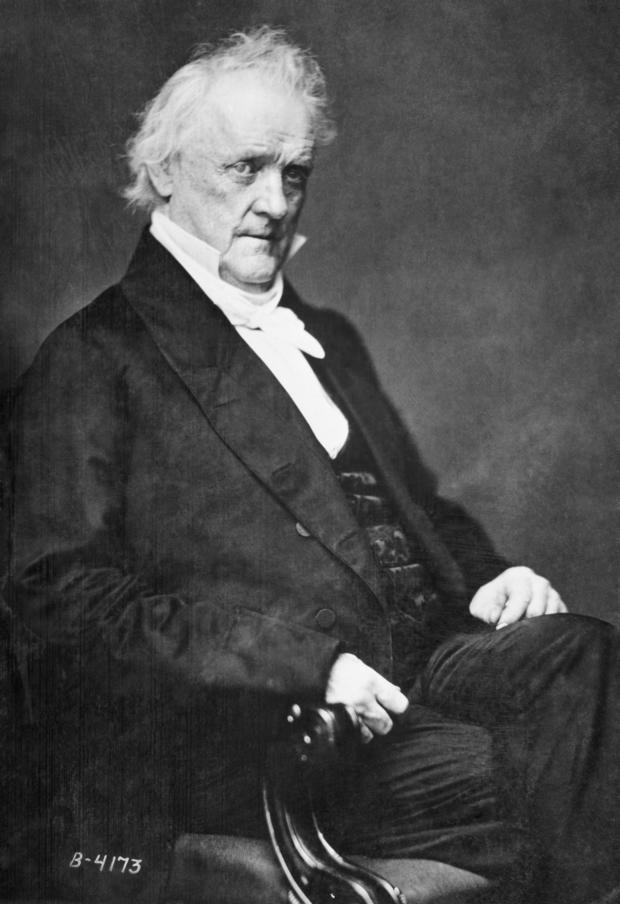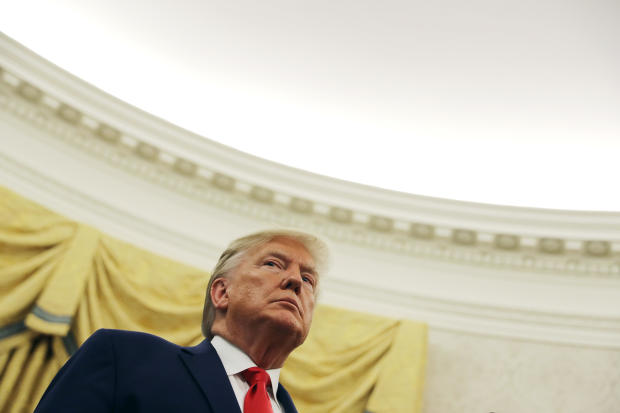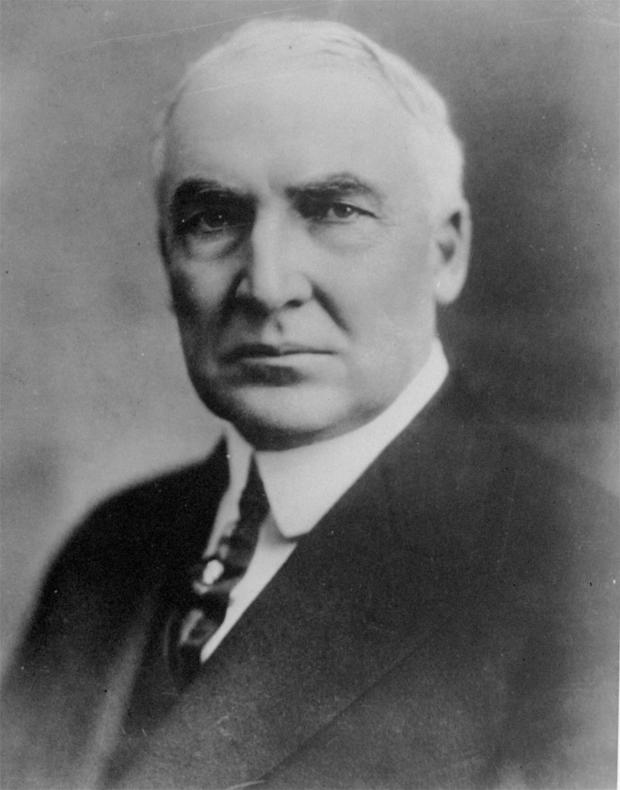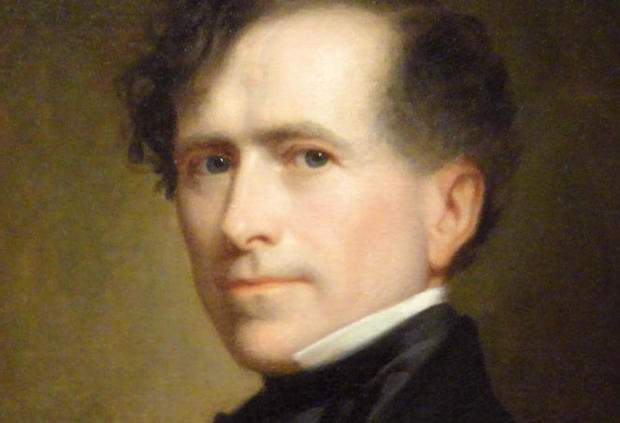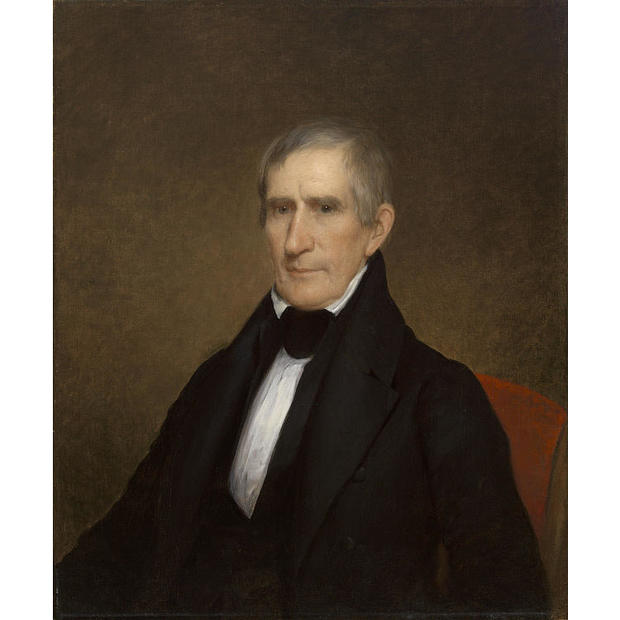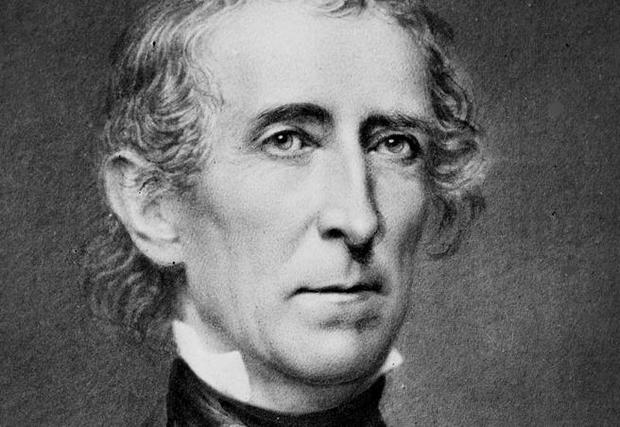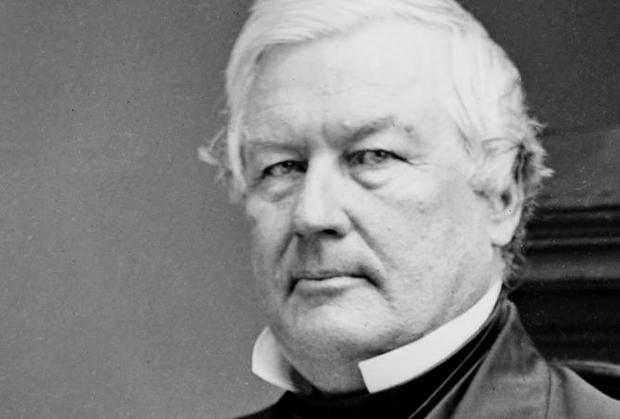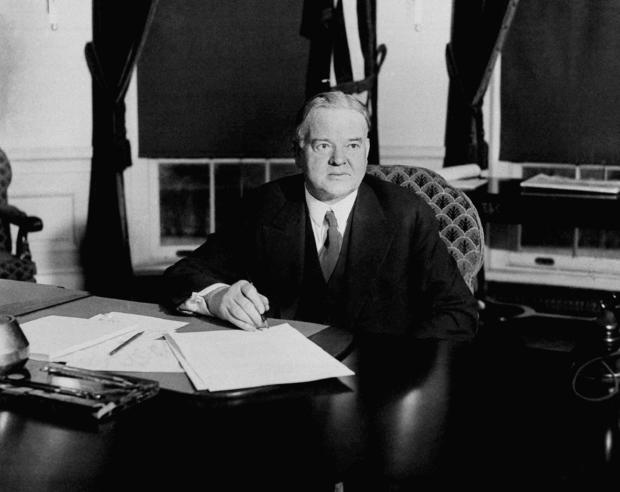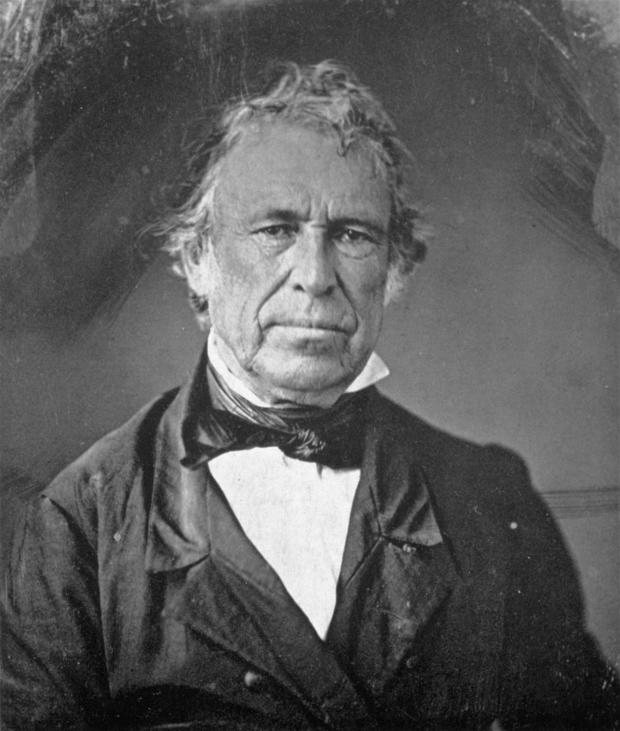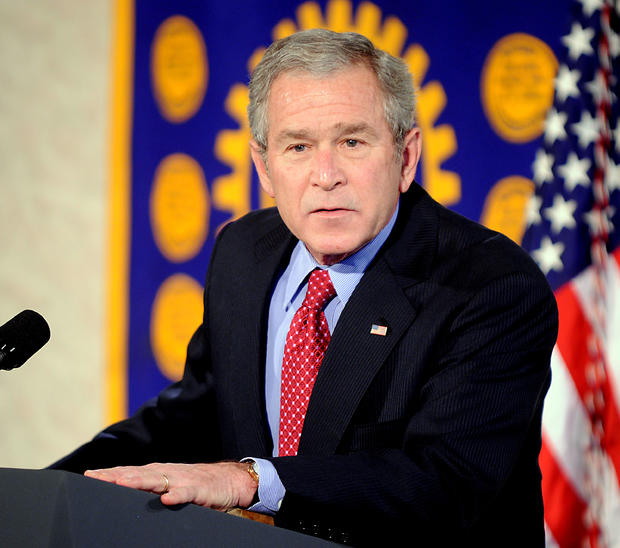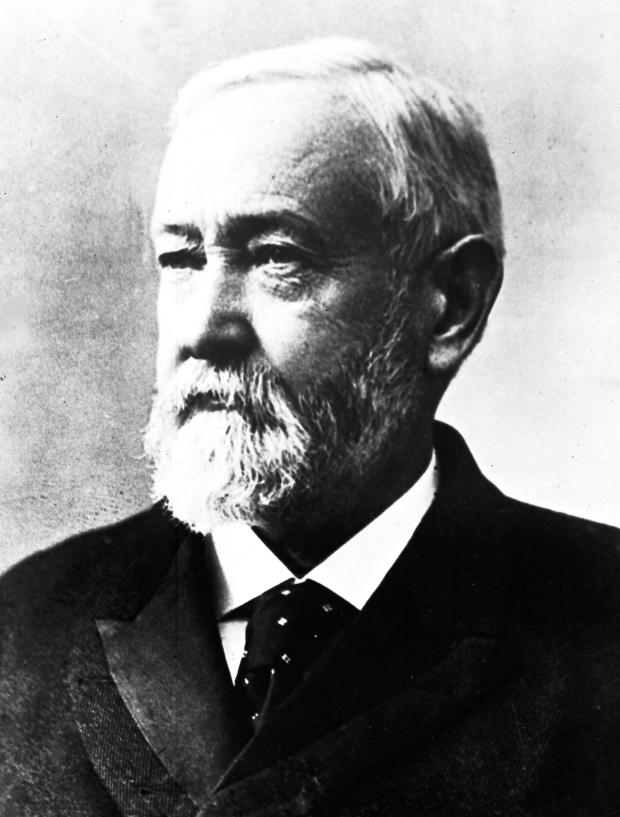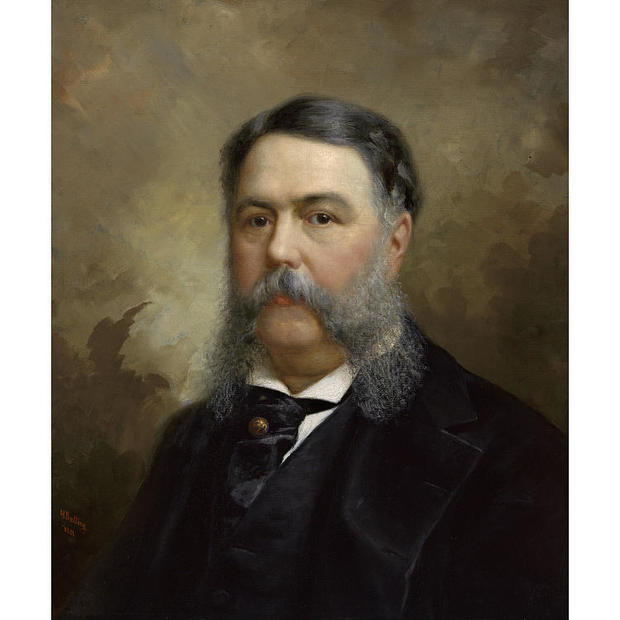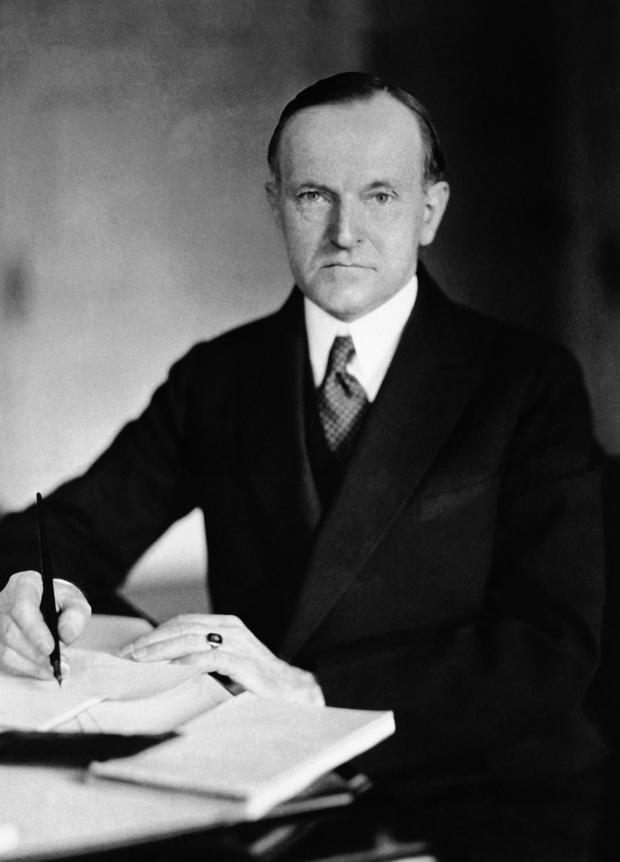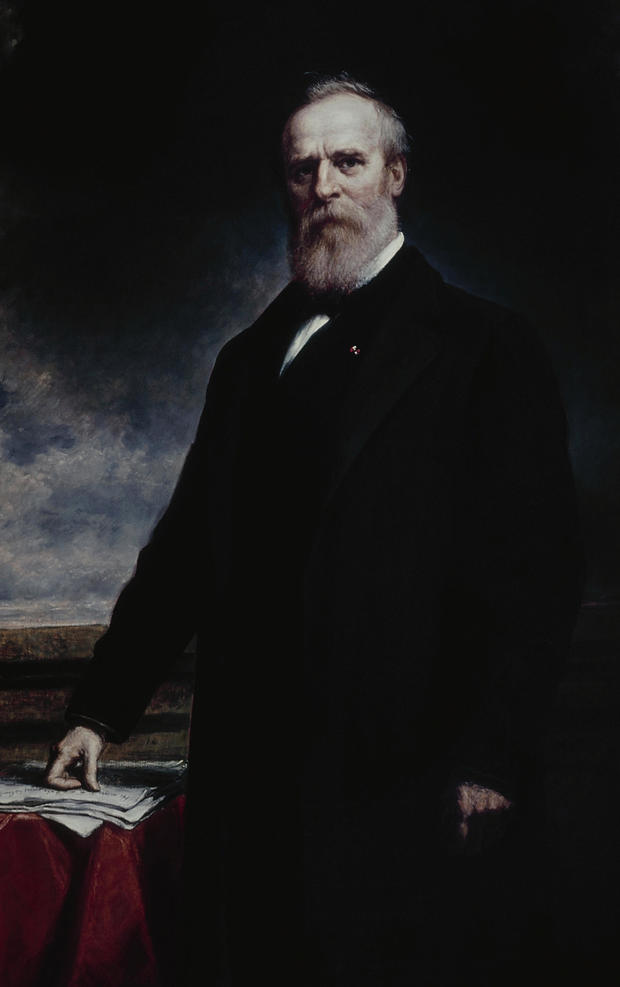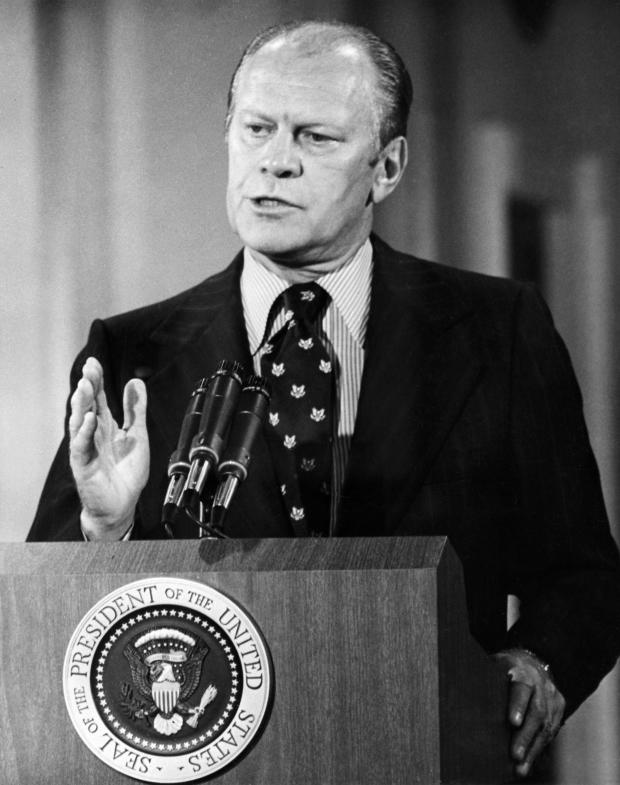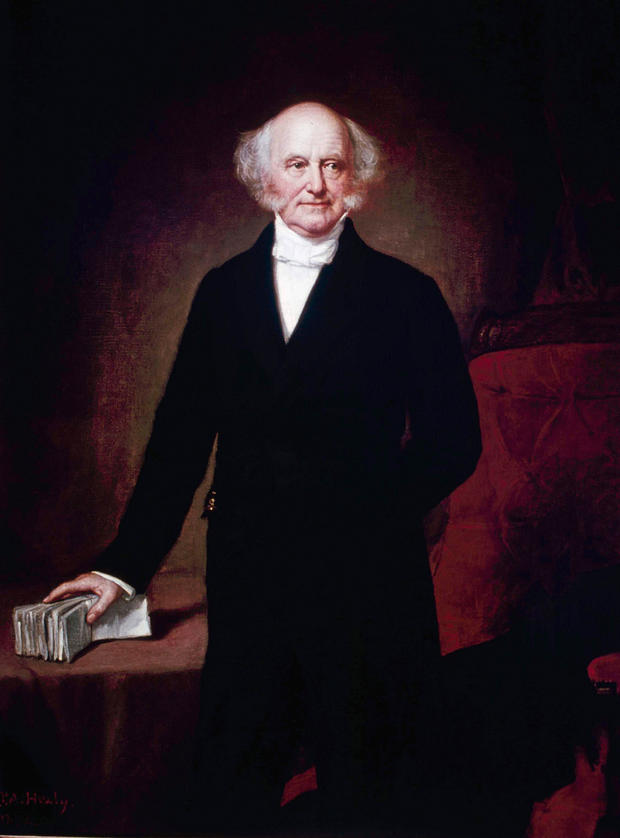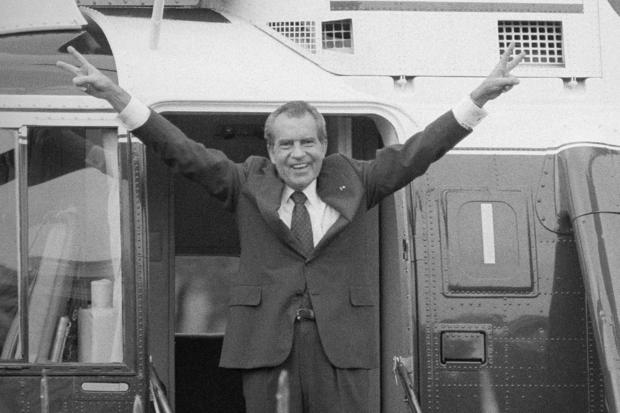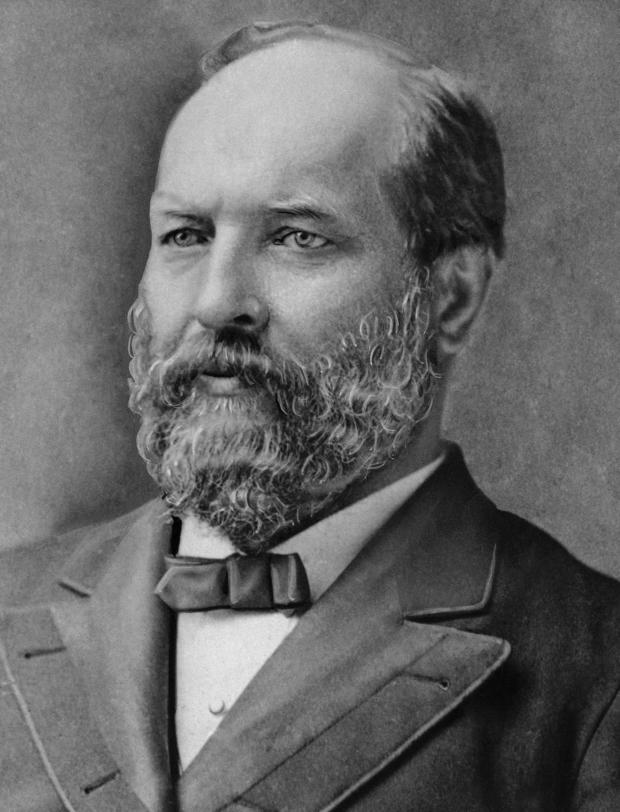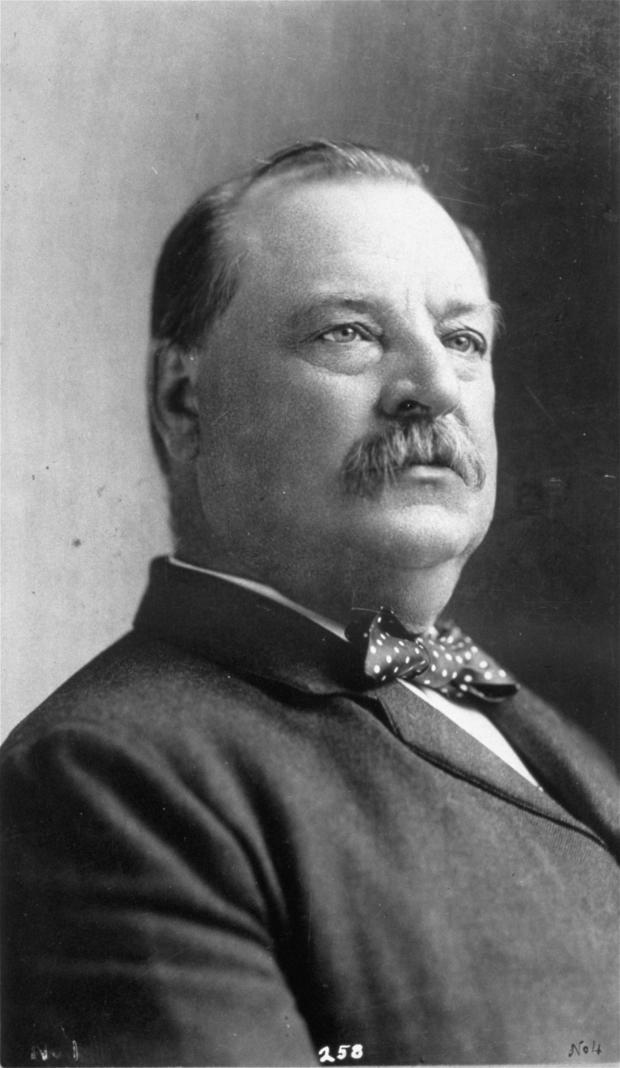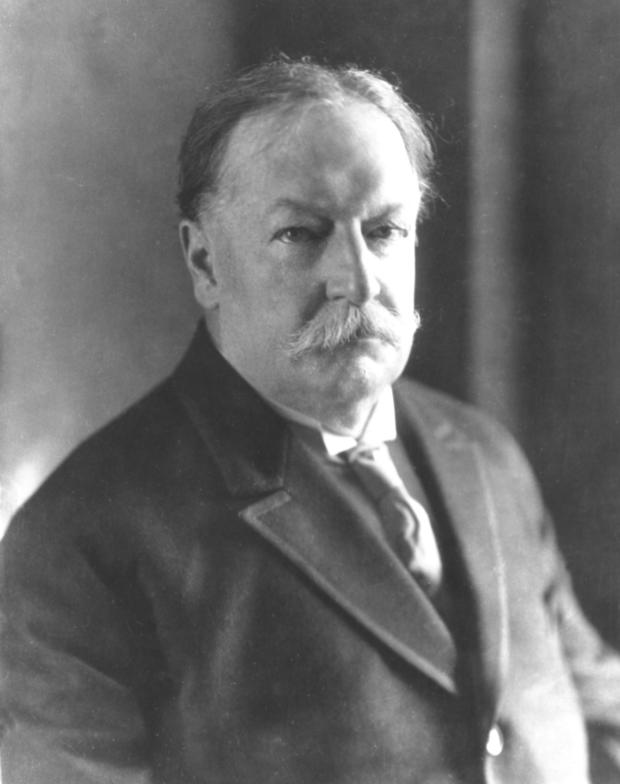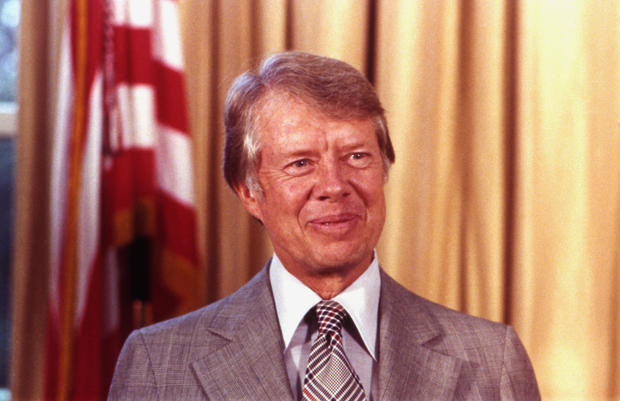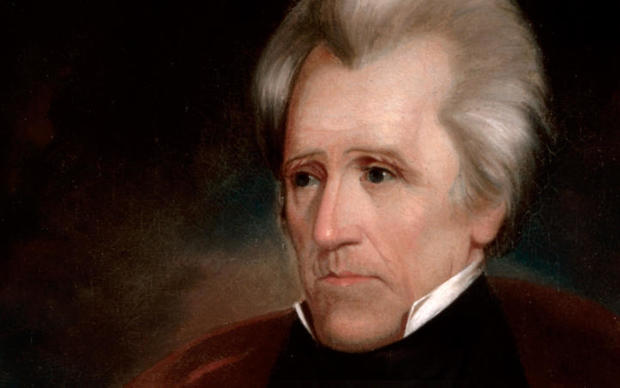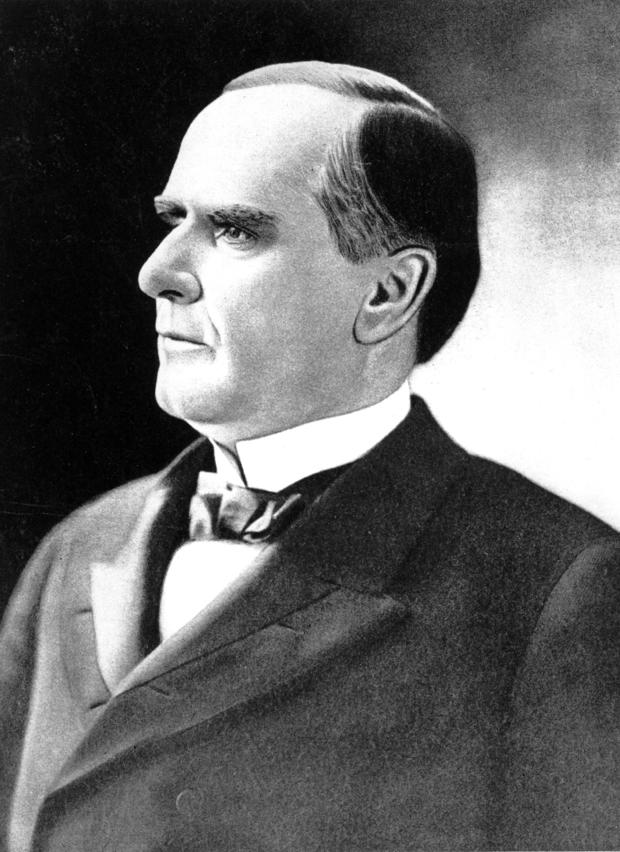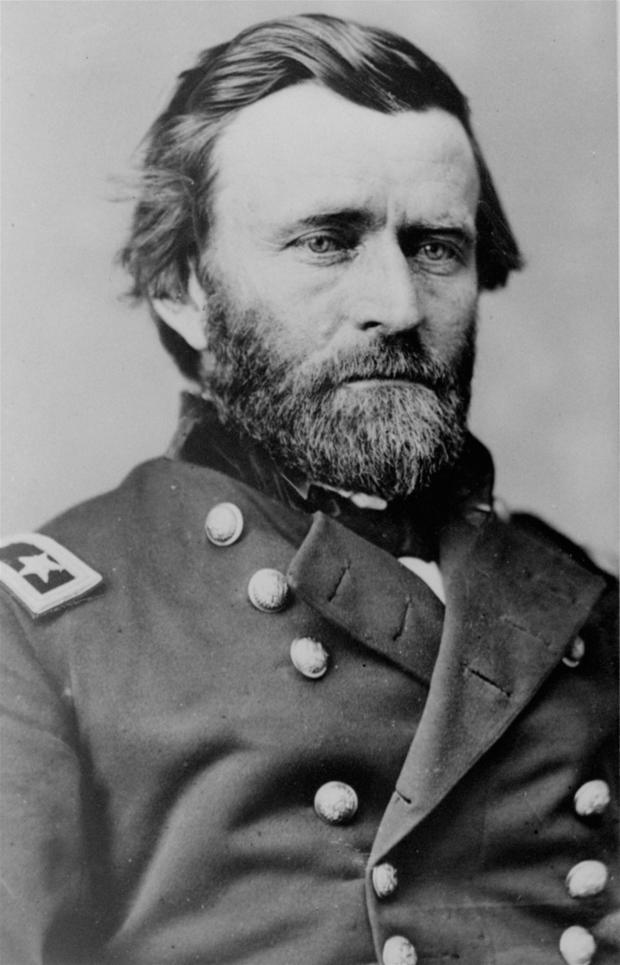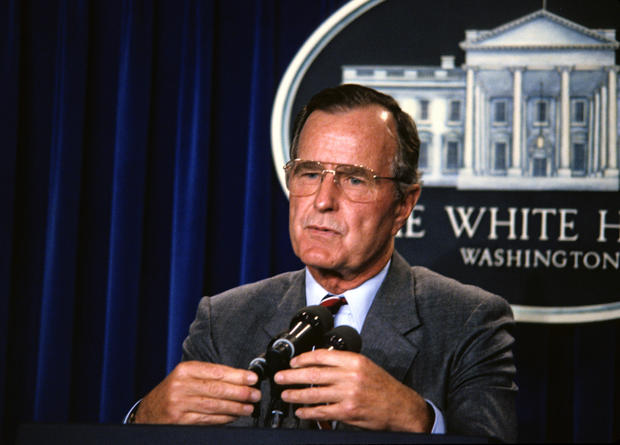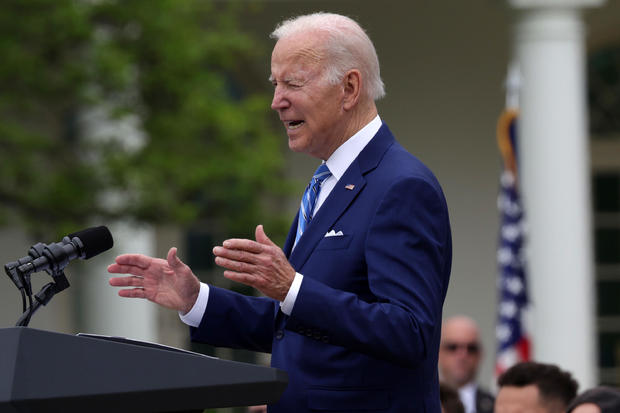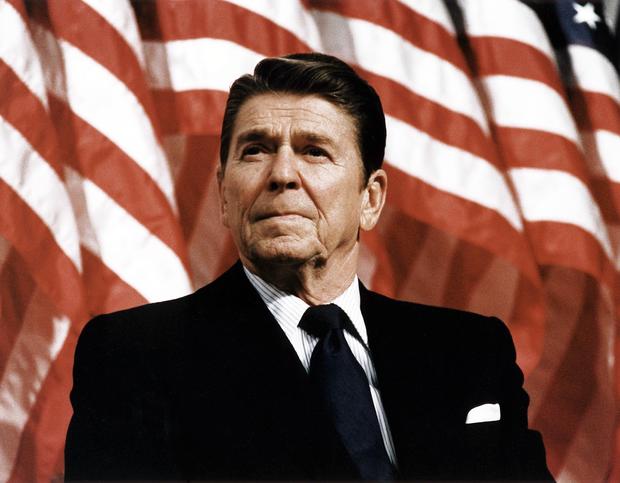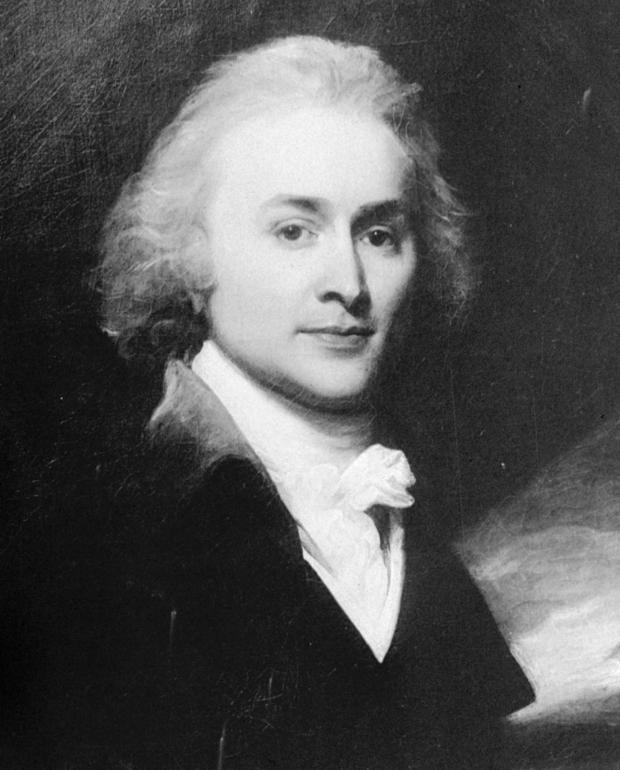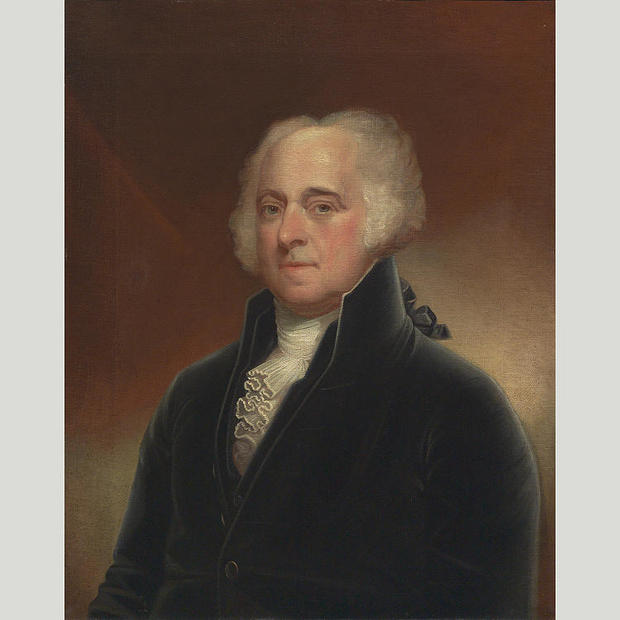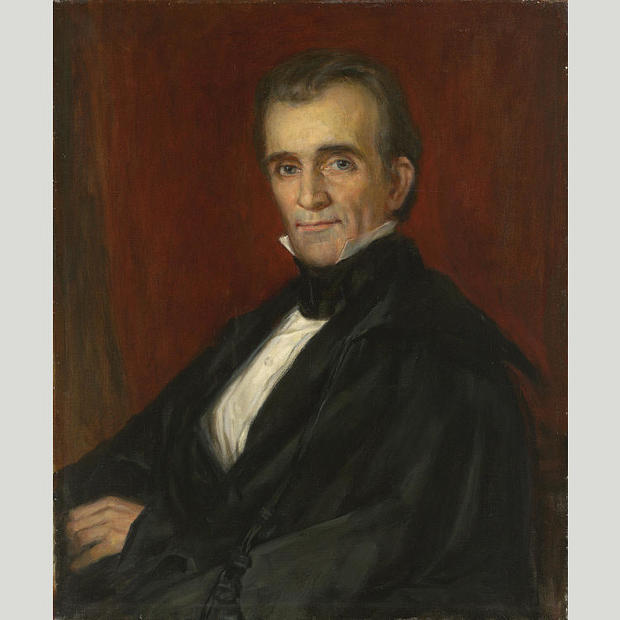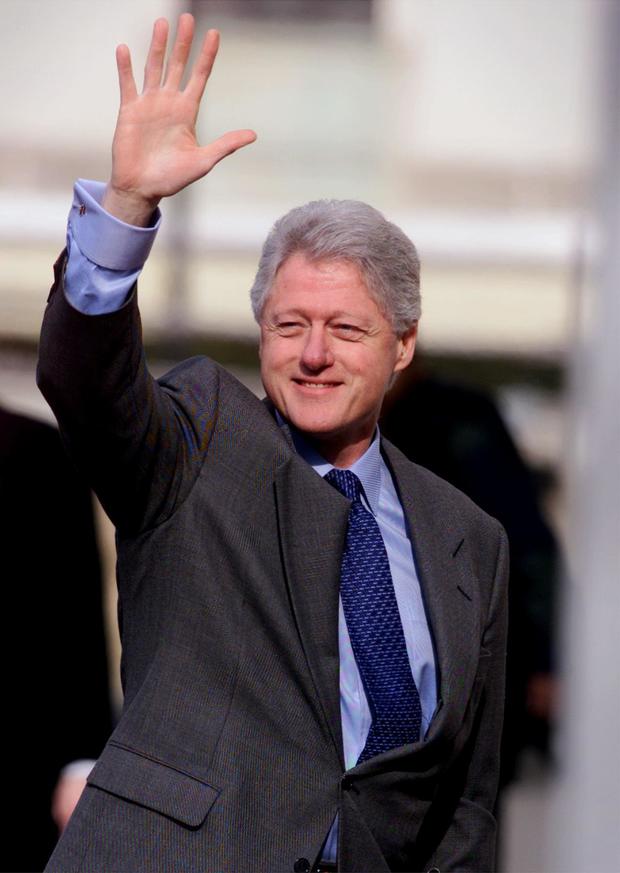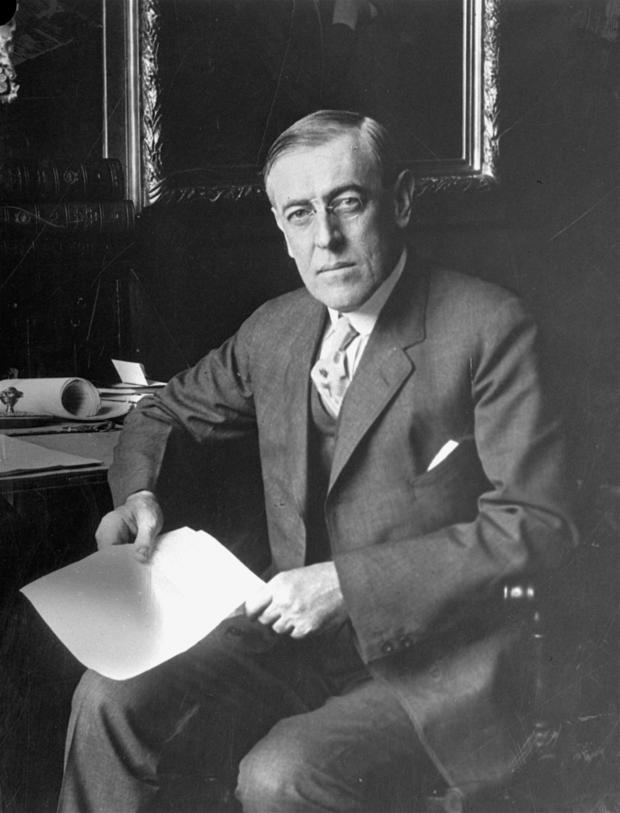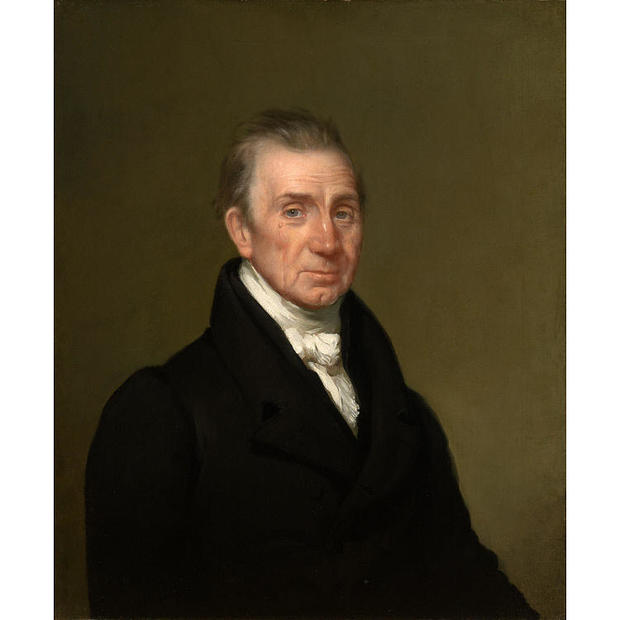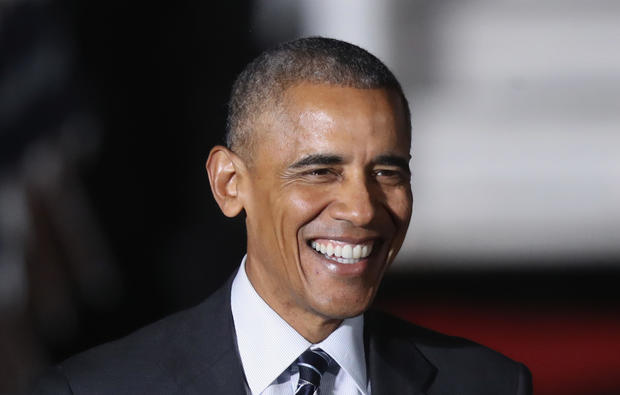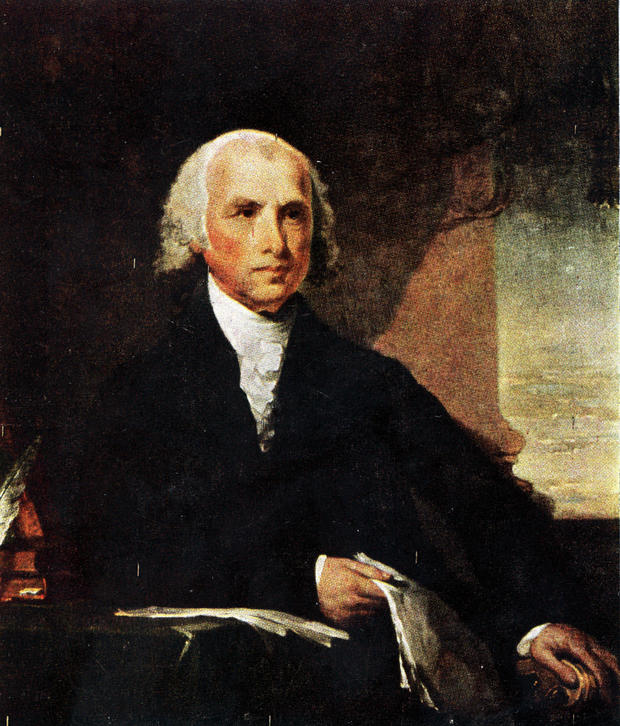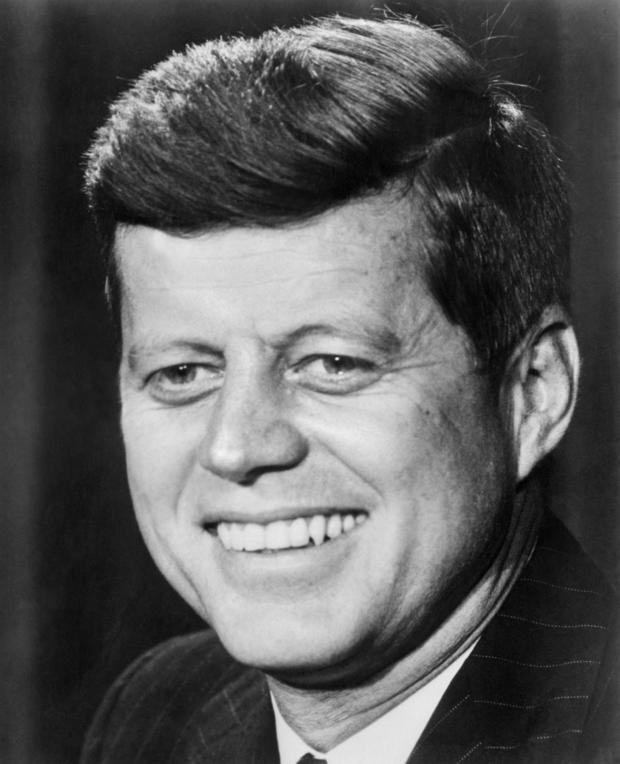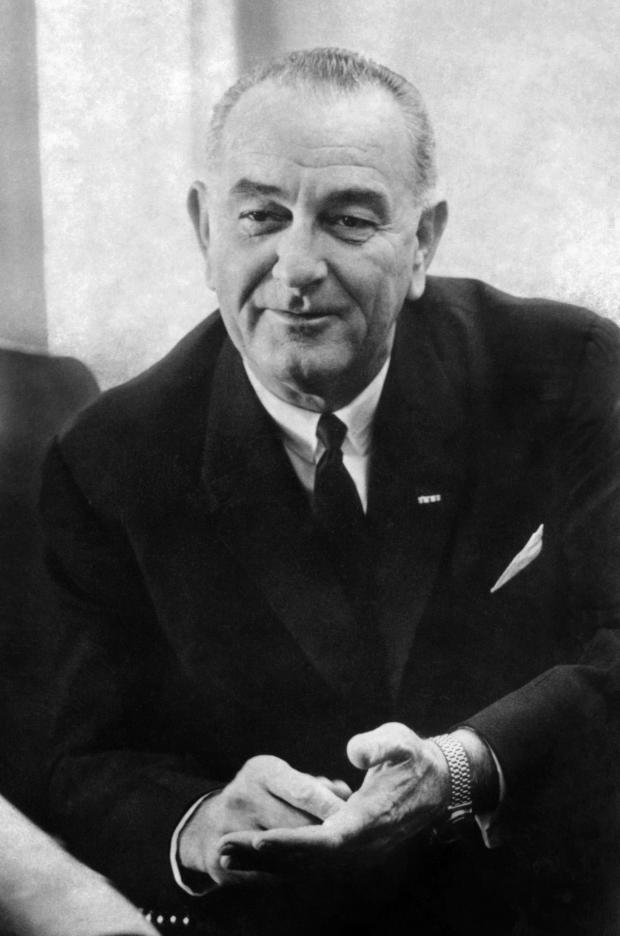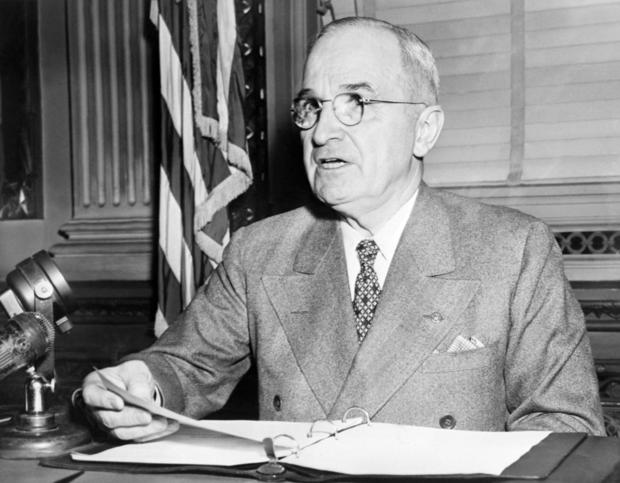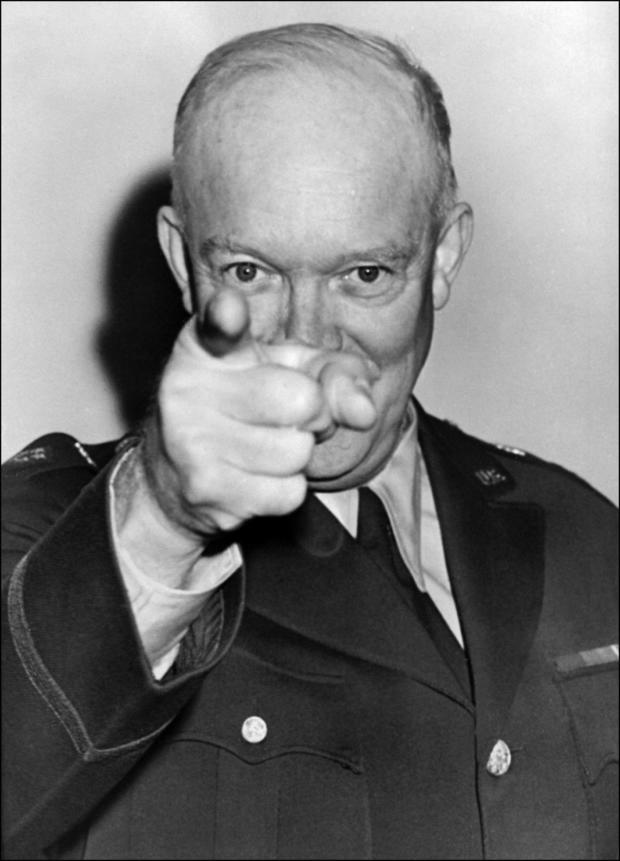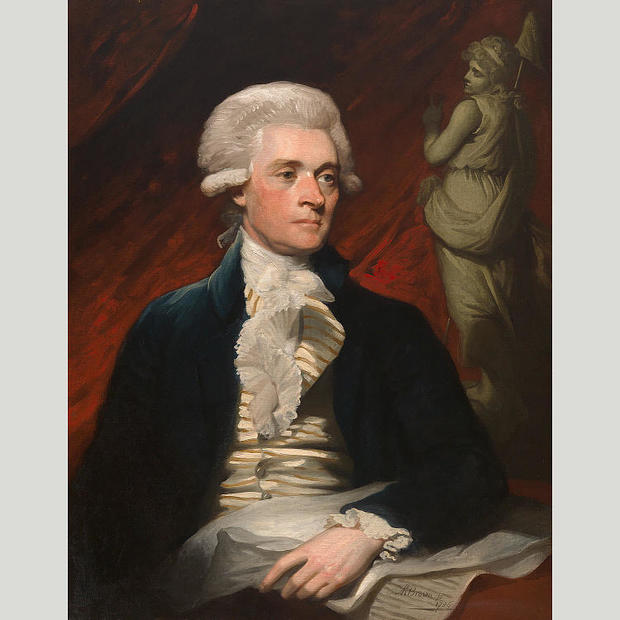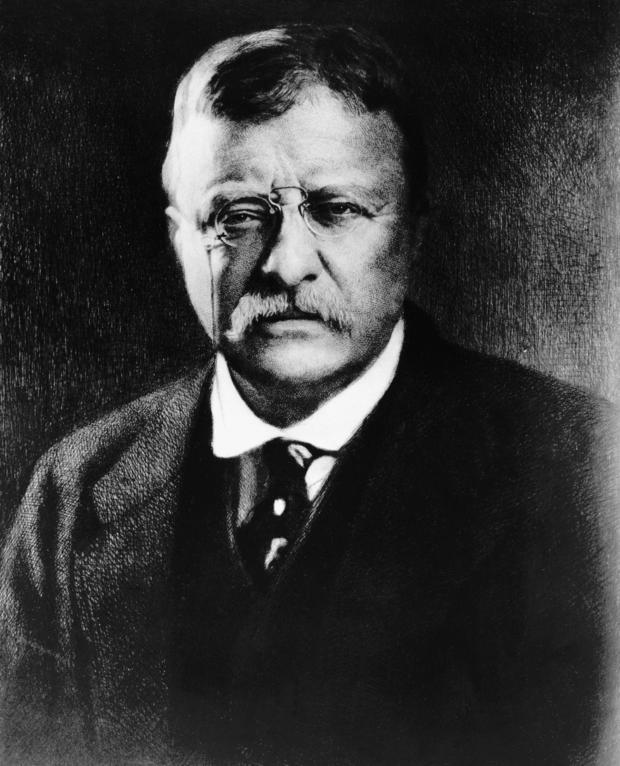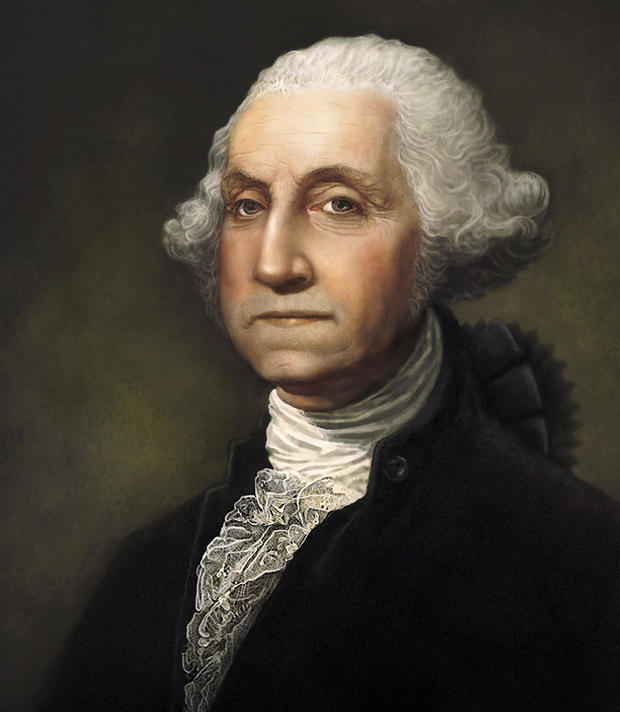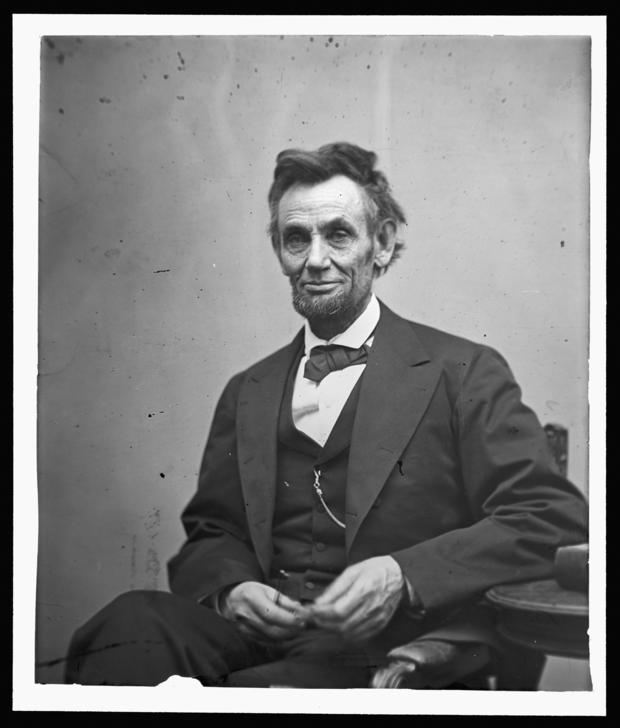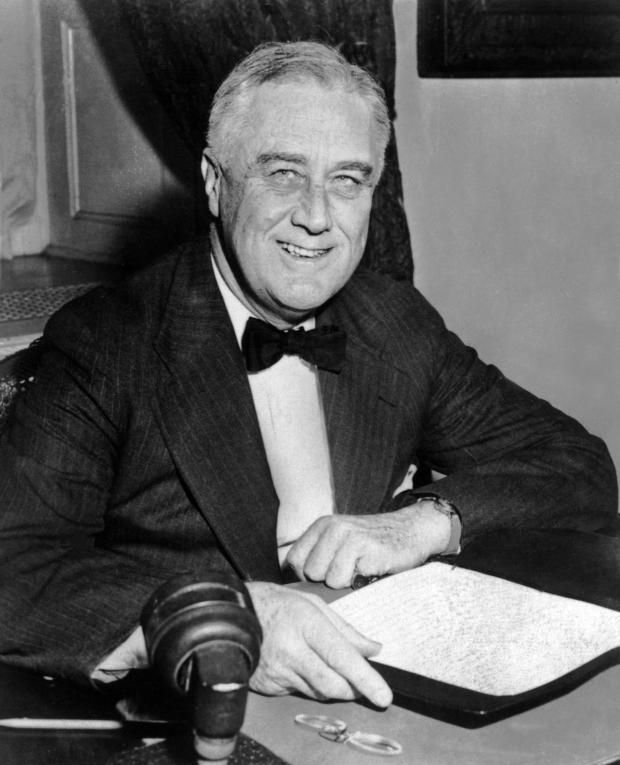Presidents ranked from worst to best
Is President Joe Biden the best president in history — or the worst? Turns out, it's neither. According to the latest available survey of presidential historians, he's somewhere in between.
But who is the worst, and who is the best? And where would other recent presidents, such as Donald Trump, Barack Obama, and George W. Bush rank on such a list? Here are the results of a sweeping survey of historians, political scientists and presidential scholars maintained by Siena College Research Institute. Since 1982, SCRI has ranked presidents across 20 categories, ranging from integrity to executive ability.
This is the first time that Biden has appeared on such a survey.
Biographical information for each president from WhiteHouse.gov and the Miller Center at the University of Virginia.
45. Andrew Johnson (1865-1869)
Historians gave Johnson the lowest ratings overall.
Johnson, who became president after Abraham Lincoln was assassinated, clashed with fellow Republicans over Reconstruction in the wake of the Civil War. He often tried to sidestep Congress and became the first president ever to face impeachment, but was acquitted by one vote.
This 1865-1880 photo, made available by the Library of Congress, shows a damaged glass negative of President Andrew Johnson.
44. James Buchanan (1857-1861)
Historians have criticized Buchanan over his poor crisis leadership.
He couldn't seem to grasp the enormity of America's divisions over slavery, ignoring the strife and letting the issue fester in the years leading up to the Civil War.
43. Donald Trump (2017-2021)
Donald Trump has the dubious honor of being the only U.S. president to face impeachment twice.
His highest rankings were in luck, public persuasion and willingness to take risks — but he ranks low due to his weakening of the presidential office itself.
42. Warren G. Harding (1921-1923)
Harding's presidency benefited from an economic boost, fed in part by the growing mass production of "motor cars."
But scandals plagued Harding's time in office, particularly the infamous Teapot Dome scandal, in which cronies profited from secret oil deals, keeping him low in the rankings.
41. Franklin Pierce (1853-1857)
History has judged Pierce unfavorably for policies that helped put the nation on the path to civil war.
He signed into law the Kansas-Nebraska Act, which allowed residents of new territories to decide on the legality of slavery for themselves.
40. William Henry Harrison (1841)
Harrison's presidency was marked by organizational chaos. At the time, it was common for job seekers to simply show up at the White House and ask for a meeting with the chief executive — and they did.
In one letter, Harrison complained, "I am so much harassed by the multitude that calls upon me that I can give no proper attention to any business of my own."
Overall, historians have little to judge Harrison on, given that he died on his 32nd day in office.
39. John Tyler (1841-1845)
Tyler, the first vice president ever elevated to the presidency after his predecessor died, was a strong advocate of states' rights.
He later joined the Southern Confederacy.
38. Millard Fillmore (1850-1853)
Fillmore ascended to the presidency in July 1850 after the death of President Zachary Taylor.
Historians fault Fillmore for signing the Fugitive Slave Act, which required that escaped slaves be returned to their enslavers. Harrison was not his party's nominee for re-election.
37. Herbert Hoover (1929-1933)
Hoover's economic management rating drags down his ranking.
Months after his election, the stock market crashed and the U.S. spiraled into the Great Depression.
36. Zachary Taylor (1849-1850)
Taylor, a former military hero, served less than a year and a half in office before his death.
When it came to the searing debate over slavery, he tried to skirt the issue by holding that states could manage slavery laws on their own.
35. George W. Bush (2001-2009)
Bush got his lowest marks due to his most controversial decision: the 2003 invasion of Iraq, based on the mistaken belief that Iraqi President Saddam Hussein had weapons of mass destruction.
By the time he left office, the U.S. was at the height of an economic crisis.
34. Benjamin Harrison (1889-1893)
Historians have faulted Harrison for poor communication skills and lackluster leadership ability.
Harrison also tried to fix a high tariff problem, but prices rose and prosperity suffered.
33. Chester A. Arthur (1881-1885)
Among some historians, Arthur gets low ratings for his failure to ensure equal justice for all.
His administration enacted the first immigration law, which excluded Chinese people as well as "paupers, criminals and lunatics."
32. Calvin Coolidge (1923-1929)
Coolidge is rated poorly for crisis leadership, lack of imagination and failing to work for equal justice for all Americans.
He refused to use the country's economic boom to help struggling farmers and workers in other flailing industries.
31. Rutherford B. Hayes (1877-1881)
Historians have criticized Hayes' record on equal justice as he oversaw the end of Reconstruction.
Hayes pledged to protect the rights of African Americans in the South but then withdrew federal troops, preferring what he hoped would be "wise, honest and peaceful local self-government."
Instead, Southern states swiftly imposed Jim Crow laws.
30. Gerald Ford (1974-1977)
Ford has faced criticism from historians for his relative inability to set an agenda or pursue a vision for his country.
Assuming the presidency after Richard Nixon's resignation, Ford tried to move the country past the political crisis by granting Nixon a full pardon. Ford won the Republican nomination in 1976, but lost the election.
29. Martin Van Buren (1837-1841)
Van Buren received low rankings for his economic management.
When he assumed the presidency, the economy was booming, but less than three months later, businesses and banks were failing, and historians believe his policies only made things worse.
28. Richard Nixon (1969-1974)
Though it's not what he's primarily known for, Nixon had a few accomplishments that have been highly rated by historians: ending the draft and enacting policies to protect the environment. He negotiated arms control with Russia and made a diplomatic breakthrough with communist China.
But Nixon's triumphs were overshadowed by Watergate, which stemmed from a break-in at the offices of the Democratic National Committee during his reelection campaign. On Aug. 9, 1974, Nixon became the first U.S. president to resign.
27. James A. Garfield (1881)
Garfield, a former Civil War general and congressman from Ohio, has ineffective foreign policy skills but was typically well-liked as a president.
He was assassinated just 200 days into his presidency.
26. Grover Cleveland (1885-1889 and 1893-1897)
Cleveland vetoed a bill that would have given government money to veterans, drought-stricken farmers and people with disabilities, and he sent in federal troops to break a railroad workers' strike.
He is the only president to leave the White House and later return for a second term.
25. William Howard Taft (1909-1913)
Historians believe that Taft had a lot of presidential integrity.
Taft favored the law over politics and went on to serve as Chief Justice of the United States after his term in the White House.
24. Jimmy Carter (1977-1981)
Some historians have expressed admiration for Carter's pursuit of equal justice, but he struggled with crises during his presidency.
He is credited with creating a national energy policy to deal with oil shortages, and for bringing Israel and Egypt together for the Camp David accords. But his administration struggled with economic stagnation and experienced setbacks such as the Iran hostage crisis. He lost his bid for a second term.
23. Andrew Jackson (1829-1837)
Andrew Jackson was a risk-taker president who was very good at drawing crowds and well liked by much of the public.
A polarizing figure, Jackson waged a political battle against the Second Bank of the United States, a private company which operated as virtually a government-sponsored monopoly. He also pushed for the forcible removal of Native Americans, resulting in thousands of deaths. The American electorate handed him a huge victory for his second term.
22. William McKinley (1897-1901)
McKinley was known for his party leadership and relationship with Congress.
He enacted the highest protective tariff in history, and under his leadership America experienced an industrial boom. He also led the country through the Spanish-American War, in which the U.S. conquered the Spanish fleet in Cuba, seized Manila in the Philippines, and occupied Puerto Rico.
He was assassinated by an anarchist less than a year into his second term.
21. Ulysses S. Grant (1869–1877)
Grant led the North to victory in the Civil War, and he's viewed as a strong advocate for civil rights during his day.
But once he assumed the presidency, he had poor administrative skills and was unable to enact many of the policies for which he advocated.
20. George H.W. Bush (1989-1993)
Historians like Bush Sr.'s handling of the Gulf War.
Bush guided the country through the end of the Cold War and led a coalition to liberate Kuwait after Saddam Hussein's invasion. But he lost his bid for reelection amid an economic downturn.
19. Joseph Biden
It's always difficult to accurately rate a president who is still in office, but historians like Biden for his integrity, ability to compromise and his executive and court appointments.
However, he scores lower in his relationship with Congress and ability to communicate.
18. Ronald Reagan (1981-1989)
Reagan is still a beloved presidential figure, but his popularity among political scholars has dropped in recent years.
Many remember him working with Congress in order to pass legislation that sped economic growth and strengthened national defense, advancing his vision of "peace through strength" in the years leading up to the end of the Cold War.
17. John Quincy Adams (1825-1829)
Adams, the first son of a former president to become president himself, was known for his moral authority.
His served during a time of great division in the country and faced a contentious Congress, but fought hard for civil liberties and the unification of the country.
16. John Adams (1797-1801)
Scoring just one spot higher than his son, the nation's second president was known for his integrity and handling of court appointments.
Despite growing hostilities with France, Adams never called for war and worked through negotiations to bring about a peace deal.
15. James K. Polk (1845-1849)
Polk ranks highly for his vision and agenda-setting abilities.
Under Polk's leadership, the U.S. acquired more than 800,000 square miles of western land, extending its boundary to the Pacific Ocean. After his four-year term, he did not seek another one.
14. Bill Clinton (1993-2001)
Clinton was a popular president, well-liked by the public and known for effective economic management.
The first Baby Boomer president, Clinton was the first Democrat since Franklin D. Roosevelt to win a second term, and among other achievements, he proposed the first balanced budget in decades and reached a budget surplus.
In his second term he faced impeachment over his dishonesty about a liaison with a White House intern, but was acquitted by the Senate.
13. Woodrow Wilson (1913-1921)
Wilson was great at agenda-setting and had a strong vision for the United States as president.
He moved many pieces of important legislation through Congress, and in 1917 convinced Congress that America could no longer remain neutral in World War I.
12. James Monroe (1817–1825)
Historians have commended Monroe for his international relations skills.
He established the Monroe Doctrine, which warned European nations not to colonize or interfere with the Western Hemisphere.
11. Barack Obama (2009-2017)
Obama's signature domestic policy accomplishment, the Affordable Care Act, also known as Obamacare, was unpopular with Republicans but extended health insurance coverage to 20 million Americans. His administration helped guide the country through the Great Recession and rescued the U.S. auto industry.
A wildly popular president, he moved out of the top 10 for 2022, partly due to his dealings with Congress and international relations.
10. James Madison (1809-1817)
Madison had strong moral authority, and is well-regarded by historians.
He declared war against Great Britain in 1812. Americans considered the war a success, leading to a period of soaring nationalism.
9. John F. Kennedy (1961-1963)
Historians credit Kennedy most for his public speaking skills and his vision. He also rates well for crisis management and his handling of international relations.
He stood up to the Soviets and successfully defused the Cuban Missile Crisis. He also inspired Americans by vowing to put a man on the moon, and he supported progress on civil rights.
He was assassinated after barely a thousand days in office.
8. Lyndon Johnson (1963-1969)
Among some presidential historians, Johnson tops the charts for his pursuit of equal justice for all Americans.
Taking office after John F. Kennedy's assassination, Johnson secured enactment of the landmark Civil Rights Act. He urged the country "to build a Great Society, a place where the meaning of man's life matches the marvels of man's labor," which became his agenda, resulting in Medicare for the elderly, increased aid for education and anti-poverty programs.
7. Harry Truman (1945-1953)
Truman wins praise from historians for his foreign policy leadership. Though unpopular when he left office, he has grown more highly regarded by historians over the years.
After V-E Day, when Japan refused to surrender, he ordered that atomic bombs be dropped on Hiroshima and Nagasaki, finally ending World War II in the Pacific. Shortly thereafter, Truman watched the signing of the charter of the United Nations, established to preserve peace.
6. Dwight D. Eisenhower (1953-1961)
Eisenhower, a celebrated commander in WWII, saw his energies as president largely devoted to the onset of the Cold War.
He obtained a truce after years of war in Korea, continued the desegregation of the U.S. armed forces, and sent federal troops to enforce a court order desegregating public schools in Little Rock, Arkansas.
5. Thomas Jefferson (1801–1809)
Jefferson was ranked highly due to his involvement in the founding of our nation and his unique vision as president.
He was the principal author of the Declaration of Independence, writing that "all men are created equal," even as he continued to own slaves.
During his presidency, he acquired the Louisiana Territory, vastly expanding the size of the country, and slashed the national debt by a third.
4. Theodore "Teddy" Roosevelt (1901-1909)
Theodore Roosevelt ranked highly for public persuasion and other presidential attributes.
Just 42 when he became the youngest president in the nation's history, he had the enthusiasm and energy to convince Congress to pass progressive reforms and a strong foreign policy — exemplified by his motto, "Speak softly and carry a big stick." An avid outdoorsman, he oversaw the expansion of America's national parks.
3. George Washington (1789-1797)
The nation's first president ranked highly for his moral authority and overall performance within the context of his time.
Washington fought hard for the Constitution, feeling that the Articles of Confederation were not functioning well for the country. He was disappointed to see the country becoming more politically divided toward the end of his first term, and set a precedent by choosing to retire after his second.
2. Abraham Lincoln (1861-1865)
Among all the U.S. presidents, Lincoln is almost always in the top five for crisis leadership ability, his dedication to keeping the United States together and for pursuing equal justice for all.
He led the country through one of its most trying periods, the Civil War, and in 1863 signed the Emancipation Proclamation, freeing the slaves.
1. Franklin D. Roosevelt (1933-1945)
Historians laud Franklin D. Roosevelt for his extraordinary popularity and his devotion to economic justice.
FDR assumed the presidency during the worst of the Great Depression, but assured the American people: "The only thing we have to fear is fear itself." He also led the U.S. through the perilous years of World War II.
He is the only American president ever elected to four terms, though he died before completing the last one.
